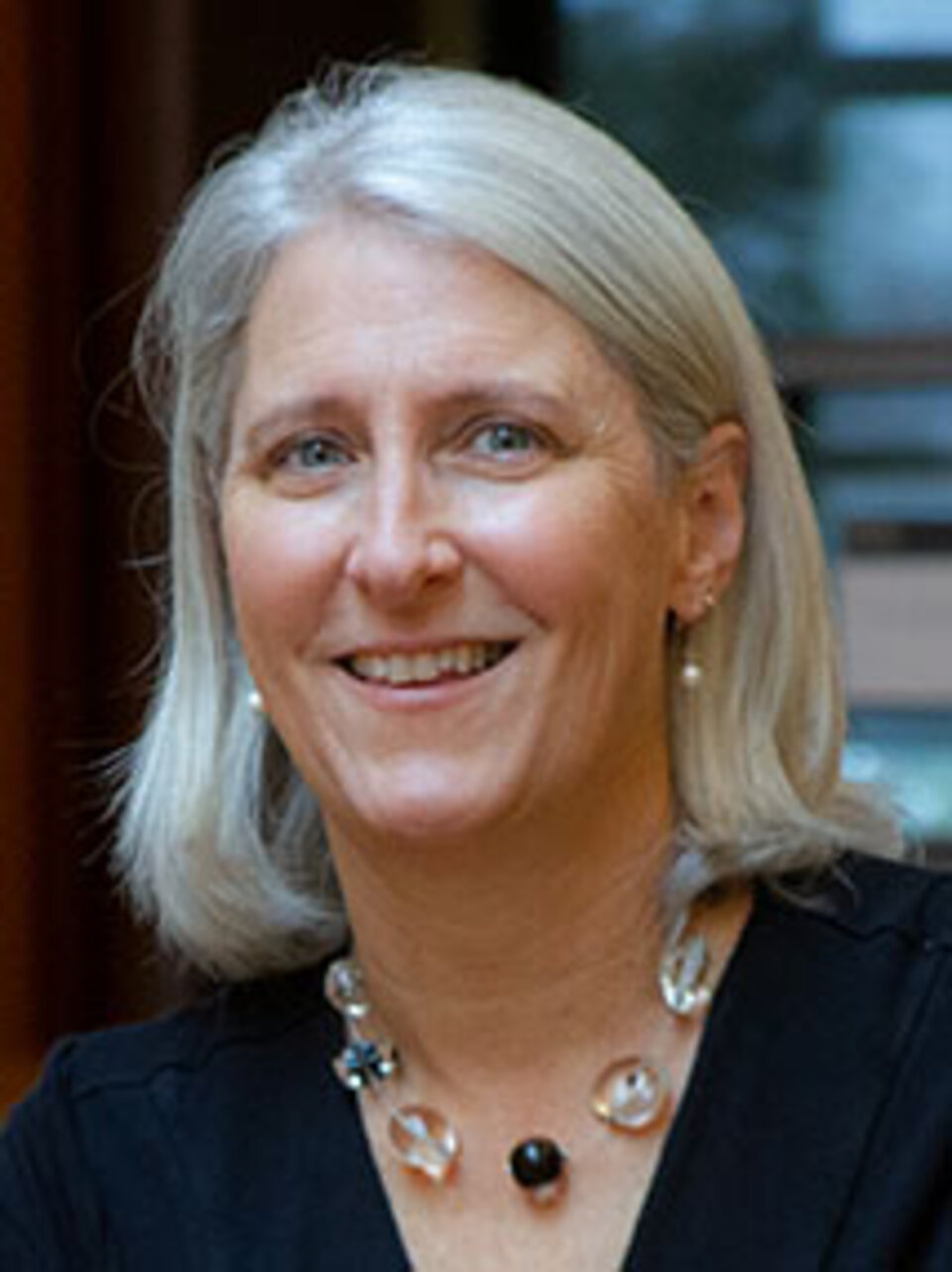
Webinar Title
Empirically Supported Methods for Autism Screening and Diagnosis in Young Children (1.5 CE/CPD)
Recorded Presentation
Click Here to access her presentation in our Video Library.
Learning Objectives
After this presentation, the learner will be able to:
Select empirically supported assessment instruments for screening and diagnosis of autism in infants and toddlers.
Differentiate early signs of autism from other developmental concerns or typical variants of behavior.
Assess opportunities and challenges in teleassessment of young children referred for autism evaluation.
Abstract
This intermediate presentation will cover the earliest signs of autism spectrum disorder in infants and toddlers and the empirically supported assessment tools that allow providers to identify those signs. Focus will be on screening and diagnostic instruments appropriate for children ages 4 and younger. Validated telehealth approaches to early identification will also be covered.
Bio
Sally Ozonoff, Ph.D., is a distinguished professor of Psychiatry and Behavioral Sciences at the University of California, Davis. Dr. Ozonoff’s research focuses on early detection of autism spectrum disorder (ASD), including early screening and diagnosis and symptom onset patterns. She directed an 18-year prospective investigation that followed children with familial risk for ASD from birth through adolescence. In another project, she and colleagues in engineering are exploring artificial intelligence approaches to detection of ASD-relevant behaviors in video. In another ongoing study, she is exploring the diagnostic accuracy and psychometric properties of a new ASD telehealth diagnostic tool. Dr. Ozonoff has published 175 peer-reviewed papers and three books on autism-related topics and her work on early diagnosis has been featured on the television show 60 Minutes. She is a past joint editor of the Journal of Child Psychology and Psychiatry. Dr. Ozonoff is also a licensed clinical psychologist in active clinical practice.